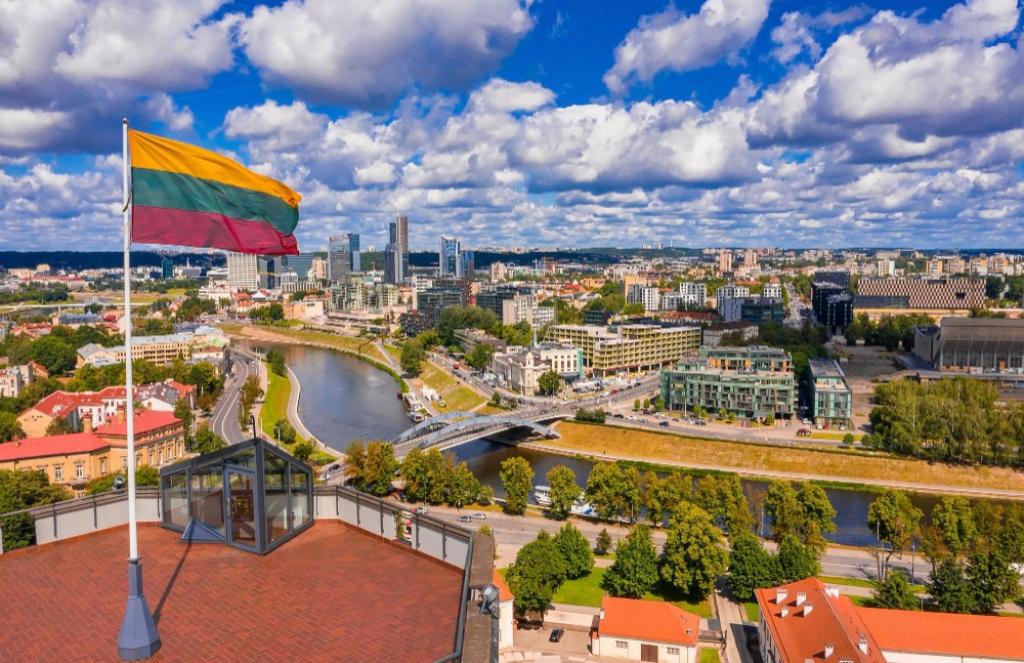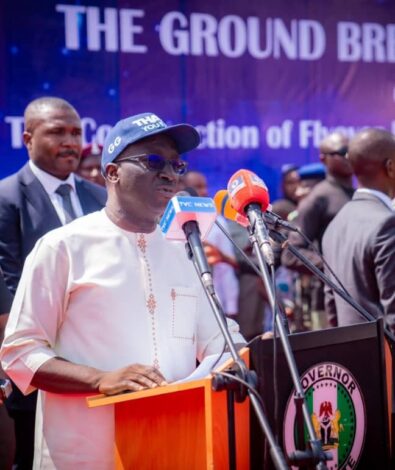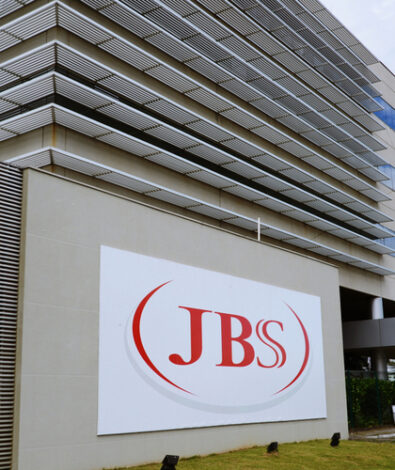Lithuania faces worker shortage after reaching 2024 foreign employment quota limit

Lithuania is currently facing a growing labour shortage despite its expanding economy.
While many countries are grappling with high unemployment rates, the Baltic nation is struggling to find enough workers to meet demand.
This issue became critical in 2024 when the country reached its hiring limit for workers from outside the EU and EEA, raising concerns about the labour market for 2025.
Lithuania faces worker shortage after hitting hiring quota
Lithuania is grappling with a worker shortage after reaching its hiring limit for foreign workers in 2024. Despite a growing economy, the country’s quota system for bringing in workers from outside the EU and EEA has left many businesses struggling to fill essential positions.
With demand for skilled labour at an all-time high, Lithuania now faces significant challenges in meeting workforce needs as it heads into 2025.
According to the DAAD Scholarship, Lithuania’s government has implemented a quota system to regulate the hiring of third-country nationals, limiting the number of foreign workers that can be brought in. The 2024 quota was filled rapidly, leaving many businesses unable to fill essential positions.
As a result, industries across the country are facing growing difficulties in maintaining operations and expansion plans.
Manufacturing, construction, and transport sectors struggle.
According to reports, the manufacturing, construction, and transportation sectors are particularly impacted by the shortage of workers.
Companies in these industries, such as a major European transport company and a leading fertilizer producer, heavily rely on foreign labour to meet their staffing needs.
The exhausted quota has hindered their ability to grow and deliver on key projects, creating a significant gap in the workforce.
High-demand professions in Lithuania for 2025
Several key professions are expected to remain in high demand in Lithuania for 2025, including welders, machine operators, long-haul truck drivers, and metal construction workers.
- With large infrastructure projects underway, there is a strong need for skilled workers to support the country’s growth.
- Additionally, roles in IT, engineering, and healthcare are also critical as Lithuania continues to modernize its industries and address an aging population.
The growing demand for skilled labour is driven by an aging workforce, youth emigration, and the country’s expanding economy. This trend is likely to continue into 2025, further straining the labor market.
Opportunities and challenges in the 2025 labour market
For job seekers, the labour shortage presents a wealth of opportunities in 2025. Those with the right skills can expect competitive salaries, benefits, and a chance to work in a growing economy. However, securing the necessary work permits will remain essential.
Reports inform that for employers, the labour shortage will require creative solutions. Companies will need to invest in automation, retrain the local workforce, and seek workers to fill vacant roles. These strategies will be vital in addressing the ongoing shortage and supporting continued economic growth.



